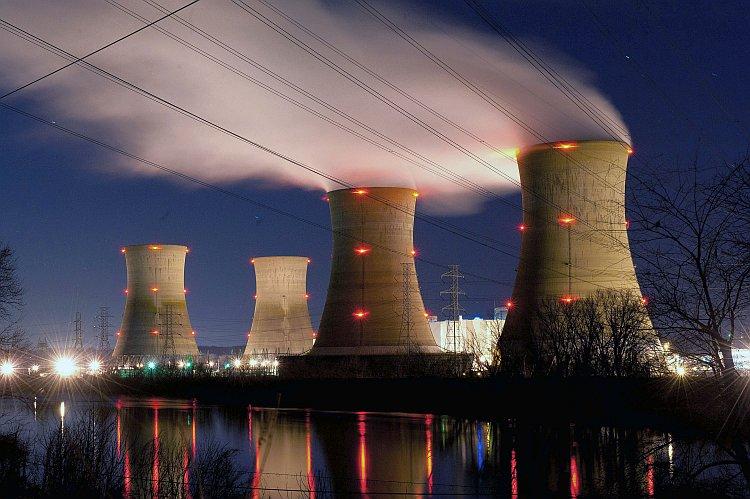Federal agencies should cede primary permitting authority to states in classifying what wells are suitable for carbon sequestration and in regulating large-scale carbon capture projects, three experts told the Senate Environment and Public Works Committee on Feb. 12.
Since President Donald Trump signed the Utilizing Significant Emissions with Innovative Technologies (USE IT) Act into law in December 2020 authorizing the use of Class VI wells for geologic carbon sequestration, only eight have been permitted by the Environmental Protection Agency (EPA) while 161 are languishing in regulatory limbo.





